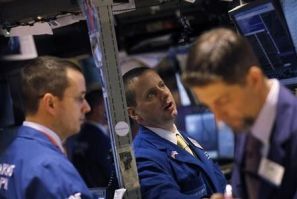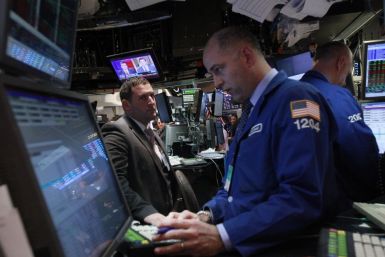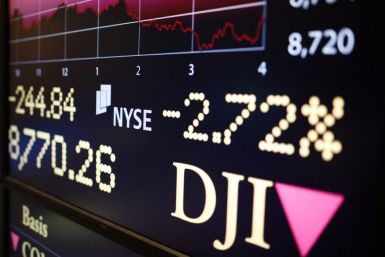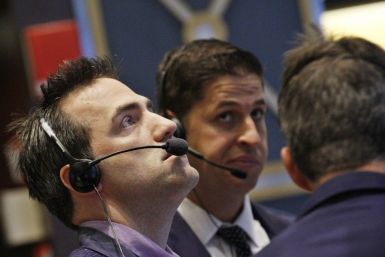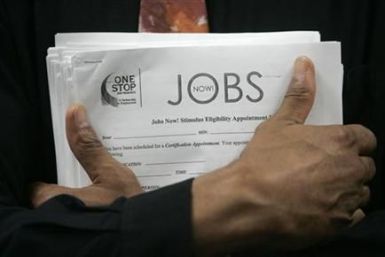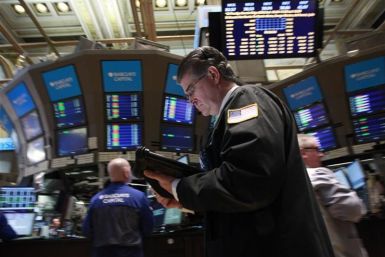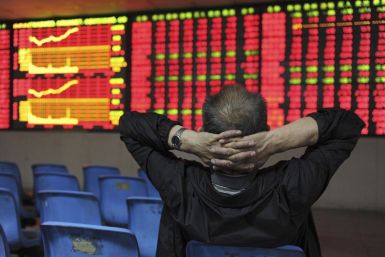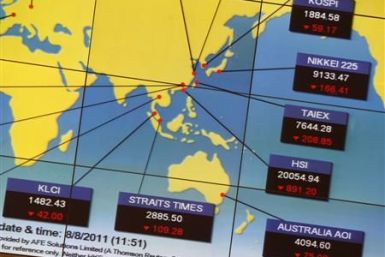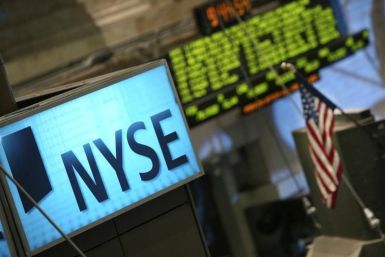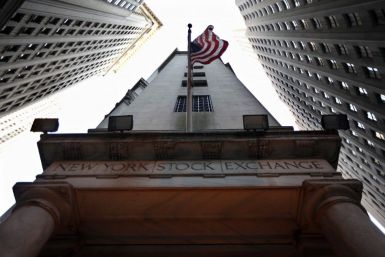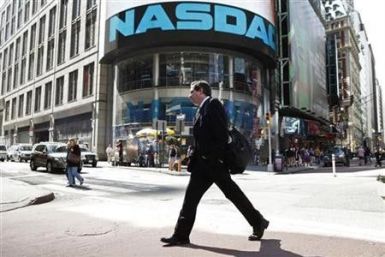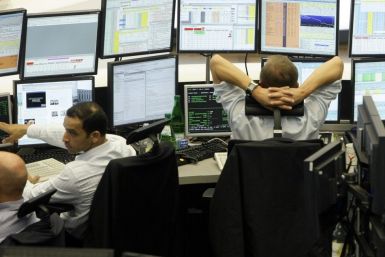U.S. stock index futures fell on Monday as elections in France and Greece stirred up new uncertainties about how the region will tackle its ongoing debt crisis.
Futures on major US stock indices point to a lower opening Monday after key elections in Europe showed that voters rejected pro-austerity governments.
Disappointing jobs growth in the U.S., together with shrinking manufacturing and services activity in the euro zone, had equities and commodities in retreat and bond yields down. News this weekend isn't likely to calm jitters, with elections in both Greece and France, which may get its first new socialist president since 1981.
Chinese beer maker Beijing Yanjian Brewery Co. (Shenzhen: 729) is in exclusive talks to buy Hong Kong-based Kingway Brewery Holdings Ltd. (Hong Kong: 124) for $700 million, Dow Jones reported Friday.
The U.S. economy added far fewer jobs than expected in April, while the unemployment rate edged down as more people gave up hope of finding jobs, reinforcing the fear that the job market recovery could be losing steam.
Futures on major U.S. stock indices point to a higher opening ahead of key U.S. monthly nonfarm payrolls and unemployment data from the government.
The European Central Bank made a show of that organization's immense political and economic force Thursday, rattling world markets with news it had not even considered lowering benchmark euro lending rates and, more provocatively, having its top banker lecture European politicians on the eve of what are expected to be decisive election in two European countries.
U.S. markets went into a sustained slide after a private data release suggested growth in the services sectors was slowing down considerably.
Fewer Americans than expected filed for jobless benefits last week, which came as a welcoming relief as investors held their breath and waited for Friday's jobs report numbers to come out.
Futures on major U.S. indices point to a higher opening on Thursday ahead of economic data including weekly jobless claims.
A disappointing ADP Employer Services jobs report issued Wednesday, which showed a still-sluggish U.S. job market, drove U.S. and European markets down and signaled that a key report on employment at the end of the week could be grim.
Dragged down by a precipitous slump in demand for civilian aircraft, U.S. factory orders dropped at the highest rate in three years during March, data released by the Commerce Department Wednesday morning showed.
Euro zone manufacturing shrank at the sharpest level in nearly three years, sending the euro falling against the dollar and raising more concerns for the region.
Futures on major U.S. indices point to a lower opening on Wednesday as investors awaited data on the U.S. private sector jobs market from payroll processing firm ADP.
Asian stock markets ended higher on Wednesday as upbeat U.S. manufacturing data eased worries that the world's biggest economy had lost momentum at the start of the second quarter.
The Asian stock market advanced on Wednesday as sentiment was buoyed following the release of improved manufacturing data in both the U.S. and China.
The Dow Jones Industrial Average closed at the highest level since December 2007, lifted by a better-than-expected national manufacturing report that provided a welcome relief from a slew of disappointing regional manufacturing measures.
The news of the day centered on a better-than-expected U.S. manufacturing report for April, which sent ripples across the markets, boosting stocks as investors moved away from bonds and giving a bump to the dollar and crude oil. Investors are hoping this good news will be matched in Friday?s April U.S. jobs report.
Business at U.S. manufacturers expanded in April at the fastest pace in 10 months that topped economists' expectation, according to a closely watched survey of the sector released Tuesday.
Futures on major US stock indices point to a lower opening Tuesday ahead of economic data, which include ISM manufacturing index.
U.S. stocks ended the last day of April on a sour note with all three major indices posting their first monthly loss of the year, following three months of solid gains. Investors were spooked by a duo of lackluster U.S. economic reports and news that confirmed Spain has plunged into a double-dip recession.
Mergers and acquisitions are on the upstream as low interest rates, rising business and consumer confidence plus depressed prices for some assets have companies seeking buys that will allow them to expand or cut costs through synergy.



